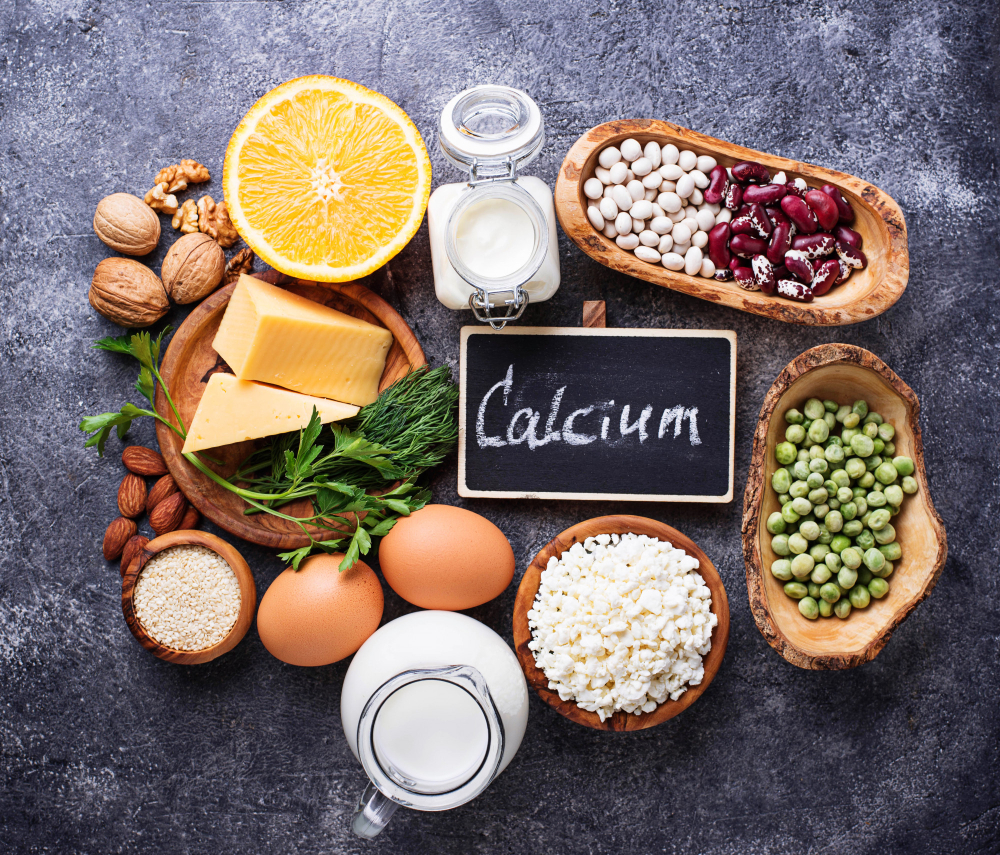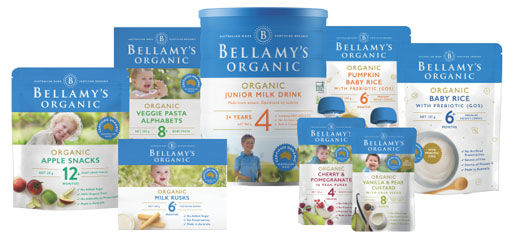Top Five Nutrients Your Toddler Needs

If you’re the parent of a toddler, you will be well aware of their tendencies to eat very little at times. While good nutrition is important for optimal for growth and development – even more important is the number of essential nutrients that have specific roles in the body. So, if you are worried your little one might not be getting enough of the right things, here are the top five nutrients growing toddlers need, and the key foods they can get them from.
Nutrient #1 Iron
Iron deficiency is one of the most common deficiencies found in early childhood thanks to a combination of too much milk and dairy, and not enough red meat. While iron can be found in a range of different foods – including whole grains, oats and legumes – it is not overly well absorbed. If your toddler is a red meat eater, it is important they consume lean red meat in small amounts, at least two or three times each week, to give the body access to the readily absorbed iron it needs to help transport oxygen around the body. A small serve of minced meat, a lamb cutlet, lean sausage or small meatball are all iron-rich, child-friendly ways to help increase your toddlers iron intake.
Nutrient #2 Omega 3 Fats
Unless we are consuming salmon every day very few of us, including our toddlers, are getting the omega 3 fats we ideally need for optimal cognitive functioning. If you consider that small children also need plenty of omega 3 fats for brain development most of them will need more fish in their diets. Sushi using fresh tuna or salmon can be a great way to bump up your toddler’s intake of omega 3’s, as can omega 3 enriched eggs, salmon or tuna patties or sandwiches. Overall, aim for two or three serves weekly.
Nutrient #3 Dietary Fibre
Fibre, in particular the right mix of the right types of fiber, is crucial for a well-functioning bowel. Constipation in infants and toddlers can be caused by inadequate fibre intake, as well as insufficient amounts of fluid. Small children will need roughly 13 to 15 grams of dietary fibre each day, with many getting as little as 11 grams. You can achieve this amount by ensuring your toddler enjoys a piece or two of fruit, half to a whole cup of vegetables as well wholegrain bread or breakfast cereal each day. Toddlers will also need three or four cups (400-800ml) of water each day to support optimal hydration.
Nutrient #4 Calcium
Calcium is important for your little ones developing skeleton. While toddlers who consumer dairy foods or toddler milk rarely lack in dietary calcium, as soon as a toddler starts to reject milk their calcium intake can quickly become lower than is recommended. Ideally, toddlers need two or three serves of calcium-rich dairy each day via natural yoghurt, cheese or a serve or two of toddler milk.
Nutrient #5 Vitamin D
Surprisingly, a number of Australians are low in Vitamin D as we take the slip, slop, slap message very seriously. While natural sunlight is important for Vitamin D metabolism, there are dietary sources including dairy, eggs, tinned fish and some types of mushrooms which are exposed to ultraviolet light to trigger Vitamin D production. For toddlers, this could mean incorporating eggs and mushrooms into recipes they will eat – including frittatas, spaghetti bolognaise, muffins and pies for a more regular Vitamin D boost.
Featured post
-
05 Diet Plans That Are Good For Your Health
31/07/2022
-
Best Times to Sleep for Adults & Children
01/06/2022








